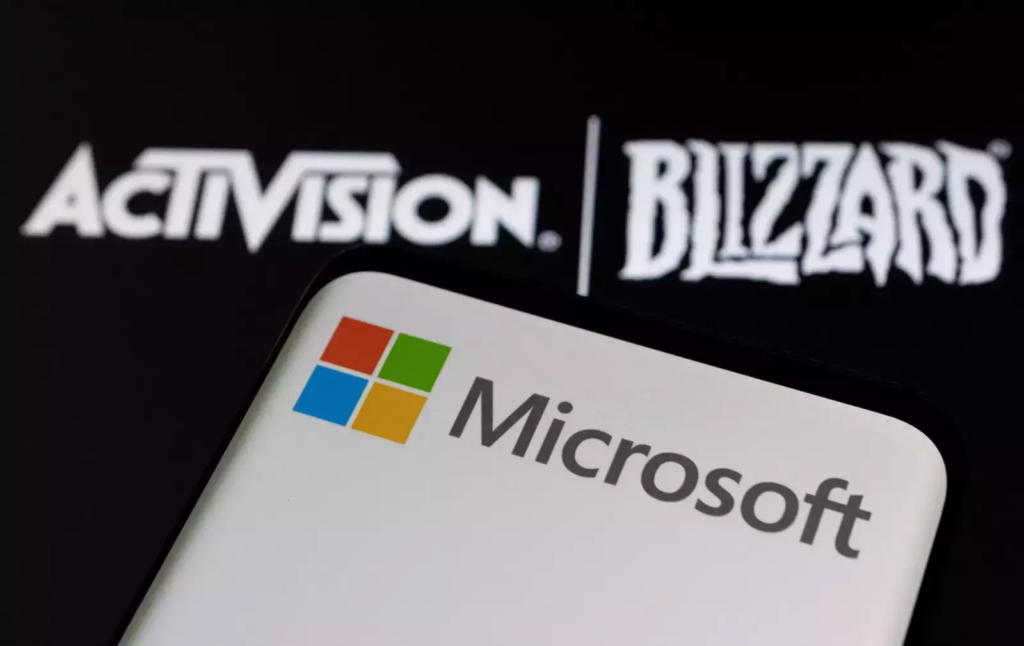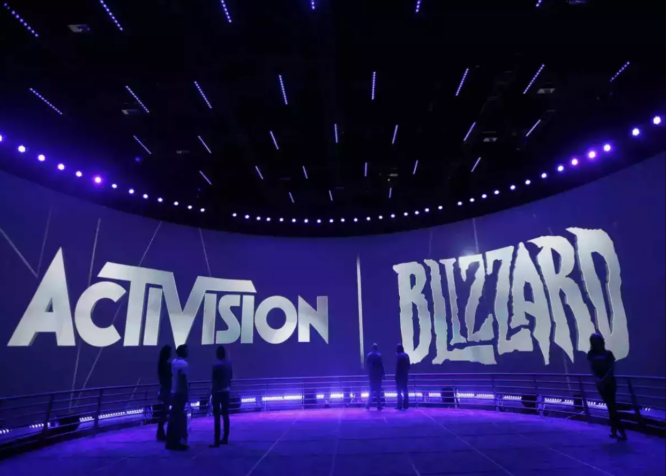Microsoft made a guarantee on Thursday’s opening day of a weeklong hearing that may decide Microsoft’s $70 billion acquisition of Activision Blizzard: Microsoft may terminate the transaction if a federal court imposes an injunction to postpone it.
“This is going to decide whether the deal goes forward,” said Microsoft’s top lawyer Beth Wilkinson. She said that a loss might plunge the firm into a “three-year administrative nightmare” that would wreck the July 18 acquisition.
That established the stakes for the hearing in US District Court in San Francisco, where the Federal Trade Commission began arguing that Microsoft acquiring Activision and its blockbuster games like Call of Duty would destroy the video game industry.
The FTC is seeking Judge Jacqueline Scott Corley for a preliminary injunction to prevent Microsoft from closing the transaction before arguing the matter in its internal court.
The fight is considered as a test of global digital firms’ power curbing efforts. According to FTC chair Lina Khan, huge tech corporations can engage in anticompetitive tactics that hurt consumers since they dominate online commerce and communication.
“If this deal is completed, the combined company will have and is likely to have the ability and incentive to harm competition in various markets related to consoles, subscription services and cloud,” said FTC lead lawyer James Weingarten in court Thursday.

Weingarten also suggested making Activision’s games exclusive to the Xbox or degrading them on other platforms to boost Xbox sales. Microsoft’s 2020 $7.5 billion purchase of ZeniMax Media and its gaming studios resulted in Xbox-exclusive games.
The FTC will also argue that Microsoft’s Activision acquisition would give it an unfair advantage in cloud gaming.
Microsoft said the Activision deal would benefit consumers by allowing them to play Activision’s games on low-cost platforms like Xbox Game Pass or Nintendo and Nvidia, with whom it has deals.
Wilkinson also suggested that Microsoft should not remove Call of Duty and other titles from other platforms like Sony’s PlayStation because it would lose a lot of income. She called Sony the “complainer-in-chief” and revealed an email from Sony’s CEO, Jim Ryan, saying he didn’t think Microsoft would withhold Call of Duty.
Another FTC action accuses Meta, Facebook’s parent company, of shutting off embryonic competitors when it purchased Instagram and WhatsApp. It sued Amazon on Wednesday for deceiving people into signing up for Prime. The FTC’s appeal to Meta’s purchase of a virtual reality business failed this year when a court refused to block the merger.
An FTC in-house court first opposed Microsoft’s Activision deal. That court cannot block the agreement. The FTC urged the federal court to intervene this month, fearing Microsoft would finalize the transaction despite legal hurdles.
The FTC’s Corley courtroom hearing may be crucial. If Microsoft succeeds, the FTC may discontinue its challenge to the agreement due to its vulnerabilities. However, an FTC ruling might indicate that its larger case has legs and put pressure on Microsoft and Activision to rethink their multibillion-dollar business marriage.
Sony, whose PlayStation console competes with Microsoft’s Xbox, has strongly opposed the transaction. Sony claims that if Microsoft makes Call of Duty exclusive to Xbox, PlayStation fans might lose access to the massive series, which has grossed over $30 billion. Microsoft denies doing so.
In April, a British regulatory authority denied Microsoft’s purchase, despite approval from most nations, including the EU. Appealing that decision.
Satya Nadella, Microsoft’s CEO; Amy Hood, its CFO; Bobby Kotick, Activision’s CEO; and Phil Spencer, Xbox’s CEO, will speak before Corley next week. Ryan will appear by prepared video deposition.

